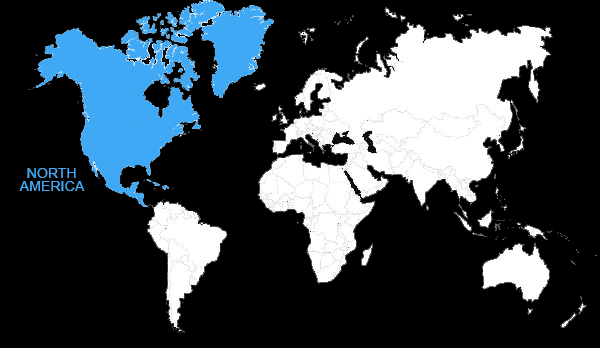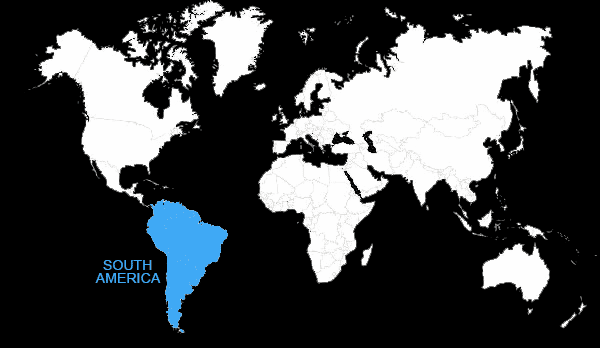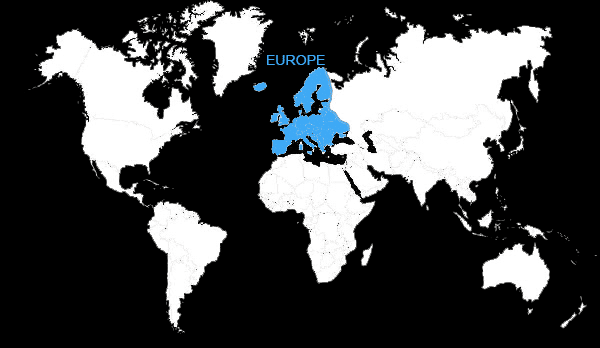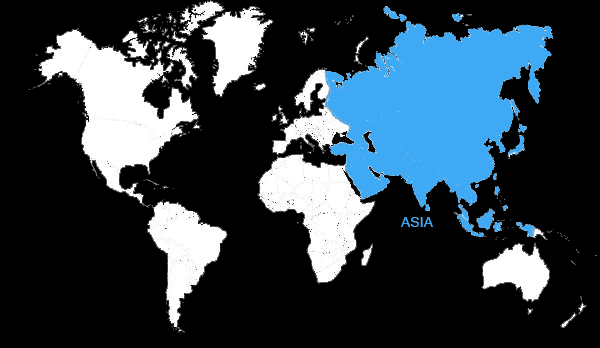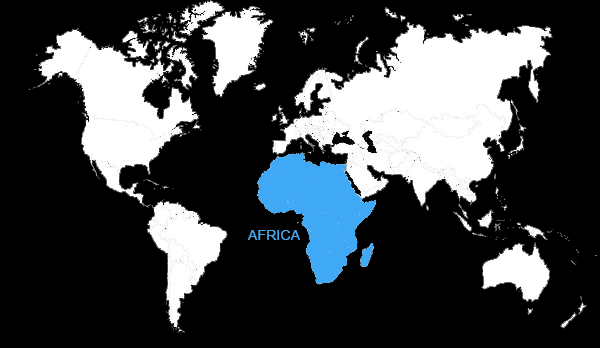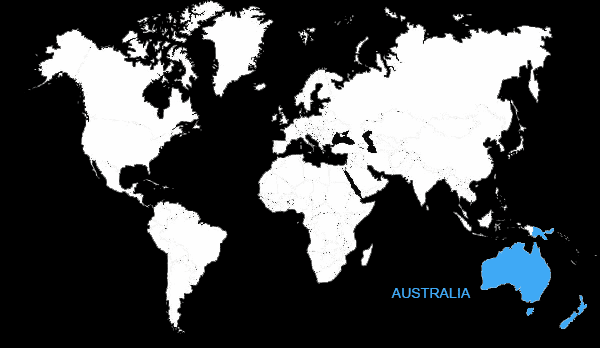What is a Forward in Soccer?
Soccer, also known as football, is one of the most popular sports in the world. It is played by millions of people in almost every country. Soccer is a team sport, and every player has a specific role and position on the field. One of the most important positions in soccer is the forward. In this article by fcscout.com, we will explore the role of the forward in soccer, their characteristics, types, and the famous forwards in soccer history.

Introduction
The forward position in soccer is a vital role in a team’s attack. The forward’s primary responsibility is to score goals for their team. The forward is also responsible for creating opportunities for their teammates and pressing the opponent’s defense. In this section, we will discuss the history of the forward position in soccer.
History of the Forward Position
The forward position in soccer has evolved over the years. In the early days of soccer, there were no specific positions. Players would play wherever they wanted on the field. However, as the game became more organized, specific positions were created.
In the early 1900s, the forward position was known as the center forward. The center forward was responsible for scoring goals and creating opportunities for their teammates. In the 1920s, the inside forward position was introduced. The inside forward was responsible for playing between the center forward and midfielders and creating scoring opportunities.
In the 1950s, the concept of the striker position was introduced. The striker was responsible for playing as a lone forward and scoring goals. The striker position became more popular in the 1960s and 1970s, and many teams started playing with a lone striker.
Today, the forward position is a versatile position that can play different roles depending on the team’s formation and tactics.
Characteristics of a Forward
A forward in soccer must possess specific characteristics to be successful in their role. These characteristics include technical skills, physical attributes, tactical awareness, and attitude and mentality.

Technical Skills
A forward must have excellent technical skills, including dribbling, shooting, and passing. They must be able to create their own opportunities and finish them. A forward must also be able to hold the ball and bring their teammates into play.
Physical Attributes
A forward must be physically fit and have excellent stamina. They must be fast, agile, and have good acceleration. A forward must also have good strength and be able to hold off defenders.
Tactical Awareness
A forward must have excellent tactical awareness and understanding of their team’s tactics. They must be able to read the game and make intelligent decisions. A forward must also be able to create space and make runs to create opportunities for themselves and their teammates.
Attitude and Mentality
A forward must have a winning mentality and a positive attitude. They must be confident and believe in their ability to score goals. A forward must also be able to handle pressure and maintain their composure in front of the goal. They must be focused and disciplined, always putting the team’s success above their personal glory.

Types of Forwards
There are different types of forwards in soccer, each with their specific roles and responsibilities. In this section, we will discuss the most common types of forwards.
Target Forward
The target forward is a tall and strong player who is good at holding the ball and winning aerial duels. They are also good at laying off passes and creating opportunities for their teammates. The target forward is often the focal point of the team’s attack and plays a crucial role in scoring goals.
Second Striker
The second striker plays behind the center forward and is responsible for creating opportunities for their teammate and scoring goals. The second striker is usually a quick and creative player who can dribble past defenders and create scoring chances. They also have excellent vision and passing skills and can make through passes to set up their teammates.
Winger
The winger plays on the flanks and is responsible for creating opportunities for their teammates and scoring goals. The winger is usually a fast and agile player who can run past defenders and cross the ball into the box. They also have excellent dribbling skills and can cut inside to shoot at goal.
Role of Forwards in a Team
The forward plays a crucial role in a team’s attack. In this section, we will discuss the different roles and responsibilities of the forward.
Scoring Goals
The primary responsibility of the forward is to score goals. They must be able to finish their chances and convert the opportunities they create. The forward must be a clinical finisher and always be ready to take a shot at goal.

Creating Opportunities for Teammates
The forward is also responsible for creating opportunities for their teammates. They must be able to hold the ball, bring their teammates into play, and make through passes to set up scoring chances. The forward must be able to read the game and create space for their teammates to run into.
Pressing and Defending
The forward is also responsible for pressing the opponent’s defense and disrupting their build-up play. They must be able to apply pressure on the defenders and force them to make mistakes. The forward must also be willing to defend and track back to help their team’s defense.
Famous Forwards in Soccer History
There have been many famous forwards in soccer history who have left their mark on the sport. In this section, we will discuss some of the most prominent forwards in soccer history.
Pelé
Pelé is widely regarded as one of the greatest soccer players of all time. He played as a forward for Brazil and scored 77 goals in 92 appearances for his country. Pelé won three World Cups with Brazil and scored 12 goals in the tournament. He was known for his skill, vision, and goal-scoring ability.
Lionel Messi
Lionel Messi is a forward who currently plays for Paris Saint-Germain and the Argentina national team. He is considered one of the greatest soccer players of all time and has won numerous awards, including seven Ballon d’Or titles. Messi is known for his dribbling skills, vision, and goal-scoring ability.
Cristiano Ronaldo
Cristiano Ronaldo is a forward who currently plays for Manchester United and the Portugal national team. He is one of the most successful soccer players of all time, having won numerous awards, including five Ballon d’Or titles. Ronaldo is known for his speed, strength, and goal-scoring ability.
Conclusion
In conclusion, the forward position is a vital role in a team’s attack. The forward must possess excellent technical skills, physical attributes, tactical awareness, and attitude and mentality. There are different types of forwards, each with their specific roles and responsibilities. The forward is responsible for
scoring goals, creating opportunities for their teammates, and pressing and defending the opponent’s defense. There have been many famous forwards in soccer history, including Pelé, Lionel Messi, and Cristiano Ronaldo, who have left their mark on the sport.
If you’re interested in playing soccer, the forward position can be a challenging yet rewarding role. It requires dedication, hard work, and a love for the sport. However, with the right mindset, training, and practice, anyone can become a successful forward in soccer.
EXPLORE MORE CLUBS!
Explore more professional clubs by continent.

